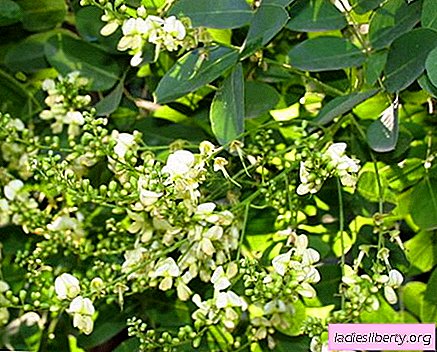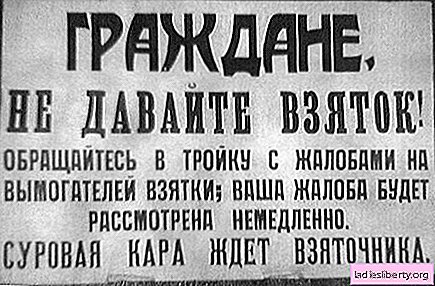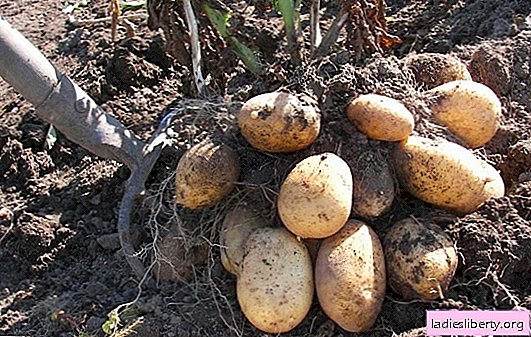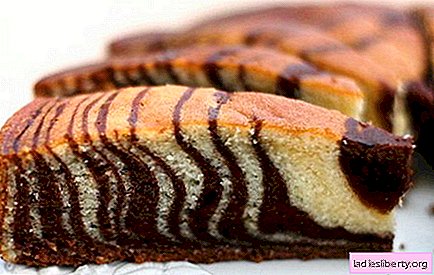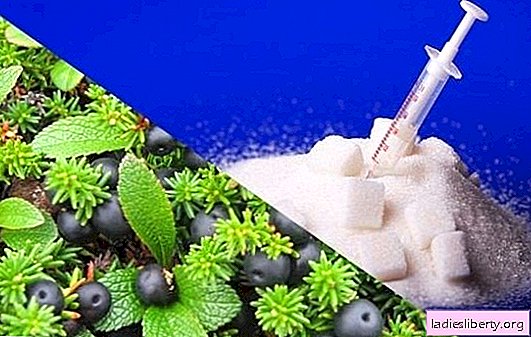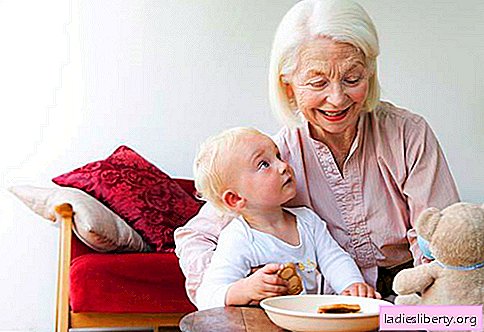
The large intestine is the final part of the human digestive tract.
Its main objective is the absorption of processed foods and liquids.
Because of this, the colon is often exposed to various diseases. Consider in more detail the symptoms of inflammation of the colon or colitis, as well as methods of eliminating this ailment.
Causes of Colon Inflammation
The main reason for the development of colitis is considered a violation of its functions that occur in the intestinal mucosa. This is usually observed with a recent severe bacterial infection or after poisoning. In addition, the following factors can cause colitis:
1. The presence of chronic infections in the gastrointestinal tract, which from time to time worsen, causing complications in the form of colitis.
2. Helminth infection of the intestine.
3. The hereditary predisposition of a person to inflammation of the colon.
4. Progressive colon cancer and other oncological pathologies of the digestive tract.
5. Smoking.
6. Frequent intake of alcohol-containing drinks.
7. Nervous or physical exhaustion.
8. Weakened immunity.
9. Long-term treatment with antibiotics and other "heavy" drugs for the body.
10. Stagnation in the pelvis.
11. Severe blood circulation in the intestines.
12. Improper human nutrition (frequent overeating, eating junk food, dry food, etc.).
In the presence of the above predisposing factors to this disease, the defenses of the human body are depleted, making it more vulnerable to inflammatory processes in the intestine. At the same time, quite often, colitis for a long time is asymptomatic, only occasionally causing outbreaks of pain or diarrhea.
At the same time, it is important to know that it is necessary to detect colitis as early as possible, before he has already managed to go into a chronic form, otherwise the person’s condition will deteriorate much and the treatment will be longer.
Symptoms and types of inflammation of the colon
Acute inflammation of the colon has the following symptoms:
1. Abdominal pain, which can occur after an act of defecation, physical activity, or simply in a calm state of a person. The nature of the pain is strong, cramping, cutting and oppressive. Localization of the symptom - lower abdomen, back, lower back and anus.
Often, pain with colitis is permanent. It is especially clearly observed in the presence of additional gastrointestinal diseases in the patient (anal fissure, hemorrhoidal nodes, paraproctitis, etc.).
In some cases, the pains are so severe that a person already has difficulty suffering them. In this case, he urgently needs to prescribe potent analgesics.
2. The appearance of mucous secretions from the anus can be observed both after defecation, and simply when walking.
3. Bloody discharge from the anus may be after defecation. This will indicate an advanced stage of colitis.
4. Anemia develops with chronic bleeding. This is usually observed with the development of bowel cancer.
5. Constipation is also a frequent companion of colitis. In this condition, a person may not conduct bowel movements for up to several weeks. This symptom is considered one of the most important in diseases of the colon. Constipation is explained by a violation of patency of the large intestine and a malfunction in its work.
6. Bloating can be observed both with constipation and with normal stool. Often it develops against the background of flatulence. Such a symptom is associated with taking antibiotics that disrupt the intestinal microflora. Also, bloating can be observed with dysbiosis, which provoked inflammation of the intestine.
7. Intestinal upset (diarrhea).
8. An increase in body temperature is observed with infectious colitis.
9. Weakness and headaches.
10. Loss of appetite.
11. The appearance of tenesmus (frequent false urge to defecate). They develop due to a reflex spasm of the distal colon.
The chronic form of colitis has a less acute course. All symptoms are not so pronounced. In this condition, the patient will observe the following manifestations:
1. Changes in the clinical indicators of blood (increased red blood cells, increased white blood cells as the first sign of inflammation).
2. Chronic abdominal pain and after the act of defecation.
3. A frequent variable combination of constipation and diarrhea (irritable bowel syndrome with colitis).
4. Observation of pain in the abdomen without a clear localization.
5. Intensified gas formation.
6. The appearance of feces with a strong unpleasant odor.
7. General deterioration in the patient’s well-being. In chronic colitis, a person becomes lethargic, lethargic and exhausted. Other chronic gastrointestinal diseases may aggravate in him, neurosis and headaches often occur.
According to its physiology, colitis is the universal name for several diseases of the colon, each of which may be accompanied by its own symptoms.
These types of colitis are distinguished:
1. Ulcerative colitis (non-specific form). Usually it occurs in people with a hereditary predisposition to this pathology or due to the effect of the stimulus on the intestine. According to statistics, ulcerative colitis is most often detected in people with an age of twenty to forty years.
Ulcerative colitis has the following symptoms:
• severe constipation;
• discomfort in the joints;
• heavy bleeding from the rectum;
• purulent discharge from the rectum;
• exhaustion of the body.
The main danger of this form of colitis is considered to be an increased risk to the formation of cancer pathologies and intestinal perforation.
2. The spastic form of colitis is due to bowel spasms. In this condition, a person can feel pain, bloating and difficulty with bowel movements. In most cases, such colitis provokes stress and severe nervous strain. He is treated quite quickly.
3. The pseudomembranous form of colitis develops due to the entry of pathogens into the intestines. Symptoms of such inflammation of the colon will be:
• nausea;
• severe diarrhea with watery stools and an admixture of mucus;
• weakness and chills;
• frequent urination;
• elevated temperature;
• tachycardia;
• drop in blood pressure;
• metabolic disease;
• dizziness.
4. Enterocolitis is accompanied by severe damage to the mucous layer of the colon. It develops after infection has got into it. Enterocolitis has the following symptoms:
• diarrhea;
• vomiting;
• bloating;
• the formation of white plaque in the language;
• increase in body temperature;
• abdominal cramps.
Colon inflammation: diagnosis and treatment
When the first signs of colitis appear, you should consult a doctor (gastroenterologist or proctologist) as soon as possible. After the first examination and palpation of the abdomen, the doctor will prescribe the following mandatory diagnostic procedures:
1. General blood test.
2. General urine analysis.
3. Advanced biochemical blood test.
4. Analysis for sugar level.
5. Ultrasound of the abdominal cavity.
6. CT.
Treatment of inflammation of the colon is selected depending on the type of colitis, symptoms and degree of neglect. Traditional drug therapy involves the appointment of such groups of drugs:
1. Antibiotics are used for viruses and infections. The duration of their administration and the dose is selected for each patient individually.
2. Antiviral drugs.
3. Antiparasitic drugs are prescribed for the detection of worms.
4. Antispasmodics (No-shpa) are used to relieve spasms. In this case, the drug can be taken in tablet form or administered as an injection. Also, from spasms, rectal suppositories can be used.
5. In case of poisoning, sorbents (Enterosgel) are prescribed.
6. Antihistamines are used to relax the intestinal wall (Bacromat).
7. With abundant diarrhea, intravenous administration of sodium chloride is prescribed to avoid dehydration.
8. Enzymes are needed to restore intestinal function (Festal, Mezim, Pancreatin).
9. Sedatives and antidepressants are used when colitis has caused stress.
10. In advanced cases, glucocorticosteroids are prescribed.
In addition to drug therapy, the patient must follow a diet (table No. 4). It provides for a complete rejection of fatty, starchy, salty, smoked and sour. Food should be well cooked and ground.
Drinking plenty of fluids is also recommended.

